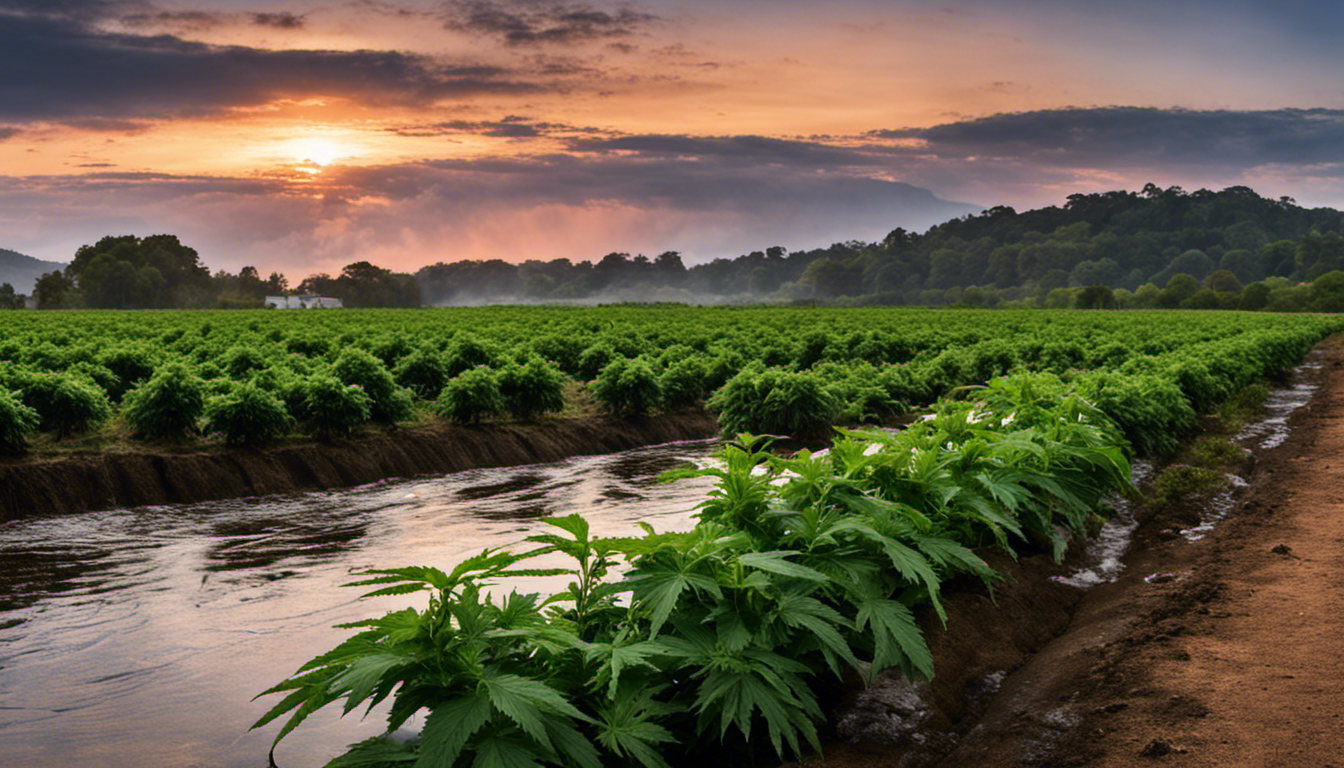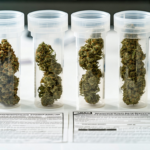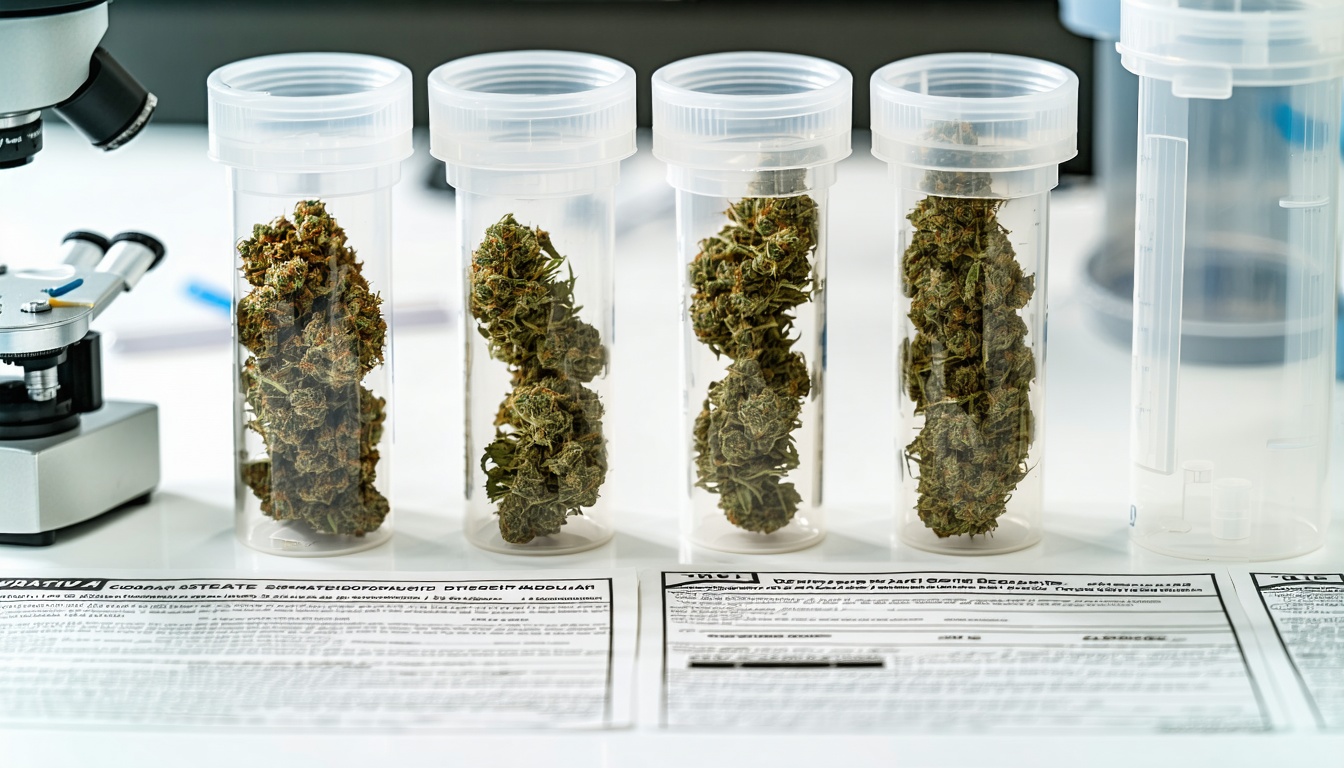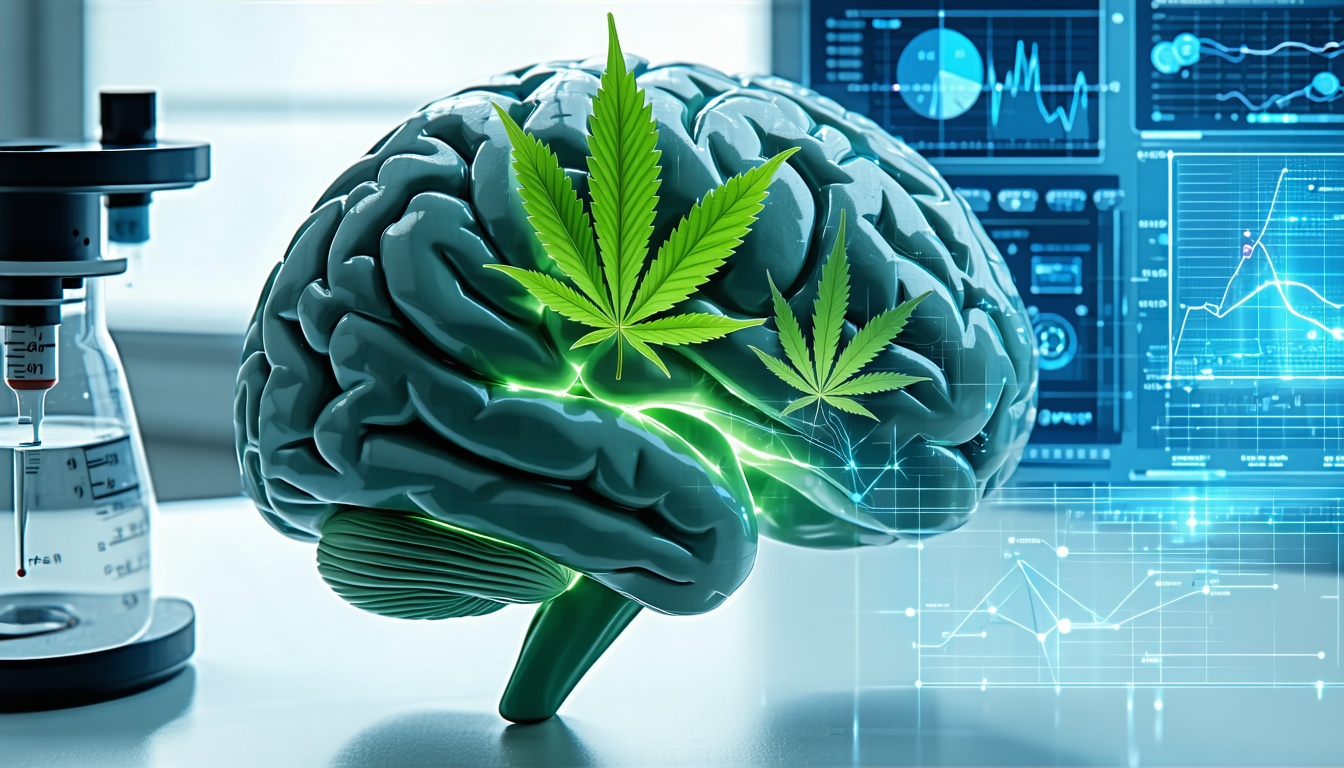Virginia Governor Vetoes Recreational Marijuana Sales Legalization Bill
For the second year in a row, Virginia Governor Glenn Youngkin has vetoed a bill to legalize recreational marijuana sales in the state. The bill, which was passed by the state legislature, would have allowed adults to purchase up to 2.5 ounces of marijuana in a single transaction, and would have established a regulatory framework for the industry.
Youngkin, a Republican, argued that the legislation would “endanger Virginians’ health and safety.” He claimed that states that have legalized recreational marijuana have seen adverse effects on children’s and adolescents’ health and safety, increased gang activity and violent crime, significant deterioration in mental health, decreased road safety, and significant costs associated with retail marijuana that far exceed tax revenue.
The veto is a blow to advocates who have been pushing for legalization in Virginia. The state has already decriminalized marijuana possession and limited cultivation, but recreational sales have been illegal.
The bill would have also established a tax on marijuana sales, with the revenue going towards various programs, including substance use disorder treatment and prevention, pre-kindergarten programs, and a public health and awareness campaign.
Advocates for legalization argue that the veto puts politics over policy, and that the state is missing out on potential revenue and economic benefits. They also argue that the illegal market for marijuana in Virginia is already thriving, and that legalization would help to regulate and tax the industry.
The veto is not surprising, given Youngkin’s previous statements on the issue. However, it is a setback for advocates who had hoped to see legalization become a reality in Virginia this year.
Lawmakers will reconvene in April to consider overriding the veto, but it is unlikely that they will be able to muster the necessary votes to do so. As a result, recreational marijuana sales will remain illegal in Virginia for the foreseeable future.
The veto is also a blow to the state’s efforts to regulate the marijuana industry. The state has already established a regulatory framework for medical marijuana, but recreational sales have been illegal. The veto means that the state will not be able to establish a regulatory framework for recreational marijuana sales, at least not in the near future.
Overall, the veto is a disappointment for advocates of legalization, and it means that Virginia will not be joining the growing list of states that have legalized recreational marijuana.












